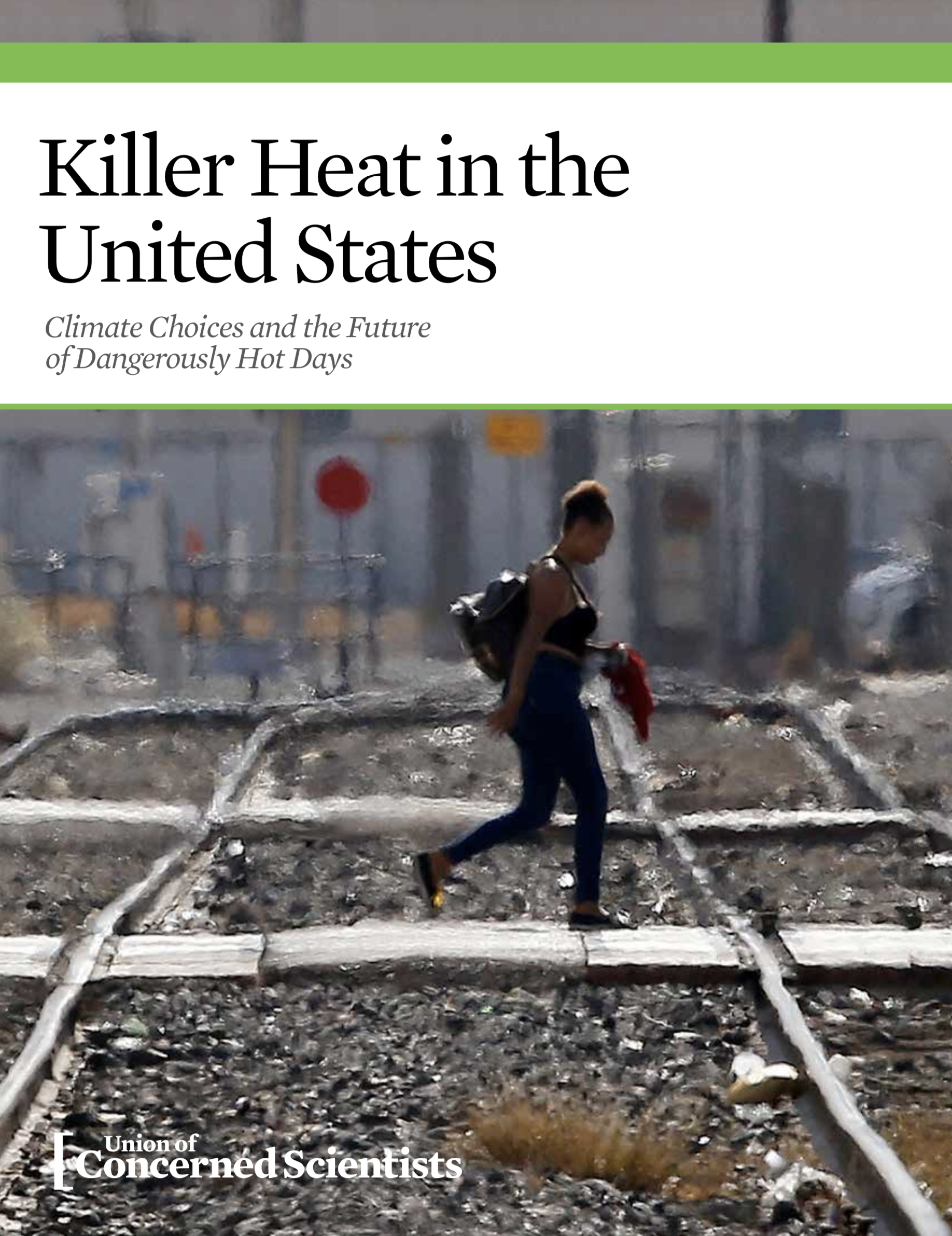References
References supporting the Climate + Health Declaration.
Ready to start addressing climate change? Sign the Declaration
Make a clear call to Kansas leadership.
The Kansas Climate + Health Declaration aims to increase awareness of the impacts of climate change on public health, to increase civic engagement on climate action in Kansas, and to advance policies that build community resilience and safeguard the future of our state.
Make a clear call to Kansas leadership to address climate change as a primary threat to public health. People of Kansas and organizations: read and sign the declaration below.
Climate disruption impacts the lives, health, and economic well-being of Kansans.
-
Because our agricultural economy depends heavily on the weather, “Climate change is a substantial concern in Kansas.”1
-
We are already seeing the impacts of a changing climate. If we do not take immediate action to reduce emissions, we face increased risks of extreme drought, wildfires, floods, and food shortages.2
-
In Kansas, increases in extreme weather threaten livelihoods, destabilize communities, and drain resources. Farmers, ranchers, construction workers, first responders, and military personnel will be among the first to experience the effects of climate change.3
Climate change is a major public health concern in Kansas.
-
Kansans will experience increases in cardiovascular diseases, respiratory diseases, and other chronic conditions according to projected climate change scenarios.1
-
Longer periods of pollen production will worsen asthma symptoms and lead to longer, more intense, allergy seasons.4
-
Warmer temperatures and changes in the geographic ranges of ticks and mosquitos will increase vector-borne diseases such as Lyme disease and West Nile Virus.5
-
Increased heat wave intensity and frequency, increased humidity, degraded air quality, and reduced water quality will increase public health risks.6
-
Impacts on mental health include increased stress, depression, and anxiety; strained social and community relationships; increases in aggression, violence, and crime; and increases in trauma, shock, and post-traumatic stress disorder.7
Those least responsible will be the most impacted and least able to adapt.
- “Climate change exacerbates existing health and social inequities.”8
- Vulnerable populations will bear the greatest burden. Children, seniors, low income communities, communities of color, immigrant communities, those with chronic disease, pregnant women, Indigenous peoples, and people with disabilities will be most impacted.8
- “Failure to take prompt, substantive action would be an act of injustice to all children.”9
Solutions exist at all levels to build resilience, economic opportunities, and healthy communities.
- Protect Kansas water, energy, air, and land resources.
- Reduce emissions associated with electricity generation, transportation, and agriculture.
- Secure and increase access to healthcare across the state.
- Learn about solutions that work in Kansas, and take action in homes, organizations, and communities.
- Adopt state and local Climate Action Plans setting a deliberate course for the future.
WE DECLARE OUR COMMITMENT TO A HEALTHIER FUTURE FOR ALL.
- We stand with leading public health organizations in making a clear call to our state’s leadership to address climate change as a primary threat to public health.
- We urge bold, comprehensive action to reduce emissions and build resilience. We need to reduce risks of climate disruption to safeguard the future of our state.
If you have difficulty with submitting this form, please click here.

